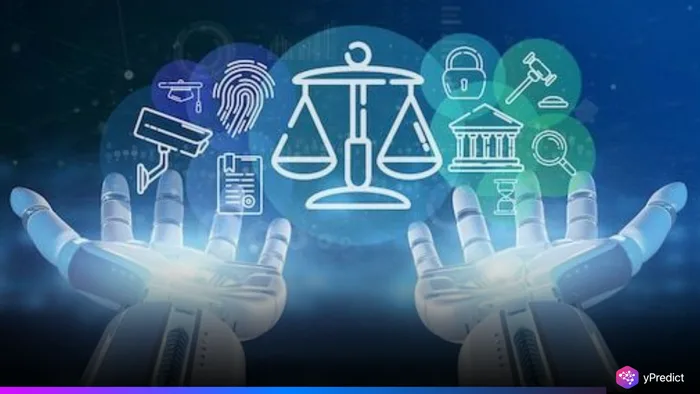
In every nation, laws have evolved into tangled webs of rules, exceptions, and contradictions. Decades of patches, additions, and rewrites have transformed them into confusing frameworks. These aren’t just legal documents anymore, they’re mazes. For the average person, reading a law is like trying to decode a secret language. Even professionals often need hours to interpret what a regulation truly says.
This overwhelming complexity isn’t accidental. Over time, many laws have been shaped by the legal profession itself, with good intentions, but often creating more layers of bureaucracy. The result? A sluggish legal system, long court battles, and widespread confusion. But there’s a smarter way forward, using AI to simplify laws.
Why Today’s Legal Systems Are Broken
Laws should protect and guide people. But most people cannot understand them without hiring legal experts. This defeats the very purpose of public law. Layers of amendments have turned once-simple laws into bloated texts filled with loopholes, cross-references, and contradictions. This isn’t just inconvenient, it’s harmful.
From small disputes to major criminal cases, delays in courts are often caused by the time it takes to interpret and debate the law itself. It’s not just a paperwork problem. It’s a structural one. That’s why legal system reform is urgently needed.
How AI Can Decode and Clarify Laws
No one should consider AI to be replacing judges or lawyers. But it can read, sort, analyze, and simplify vast quantities of legal text in a matter of seconds. Artificial intelligence can identify contradictions, make recommendations to rewrite, and even create summary statements in plain language. Imagine every citizen being able to understand a law without needing a legal background, and this is the power of AI, to make laws readable.
Legal chatbots powered by large language models can help users navigate their rights. They can also automate case analysis, recommend action steps, and help law students or junior lawyers learn faster. This doesn’t just improve access, it accelerates faster justice.
Saving Time and Money for Everyone
Legal delays cost time, money, and emotional stress. Courts take years to resolve cases because of how long it takes to understand, argue, and apply the law. If AI can cut the interpretation time in half, imagine the societal benefits. Fewer backlogs, less paperwork, and quicker resolutions mean more efficiency.
Lawyers won’t lose their jobs; they’ll gain more time. Instead of spending hours interpreting outdated sections, they can focus on advising clients, closing deals, and innovating. The legal industry can move from survival mode to a space of progress and value creation.
Making the Law Truly Public Again
Right now, laws belong to those who can afford legal help. That shouldn’t be the case. AI to simplify laws can make legislation understandable to the common person. From tenancy rights to business laws, AI can help explain what your rights and duties are in simple language.
Such transparency boosts trust. It also makes democracy stronger. When everyone can understand the rules, everyone can play fairly. That’s not just a tech upgrade, that’s a societal transformation.
What the Future of Law Could Look Like with AI
We’re already seeing legal startups and governments test AI tools for contract analysis, policy simplification, and legal research. But more needs to be done. Governments must embrace legal system reform powered by AI. They must invest in platforms that make laws transparent and remove needless jargon.
In the future, laws could come with AI-generated summaries, clear timelines, and auto-translations. Citizens might check their rights in real-time, just like checking a weather app. That’s how we bring about faster justice , not by hiring more lawyers, but by simplifying the system itself.






